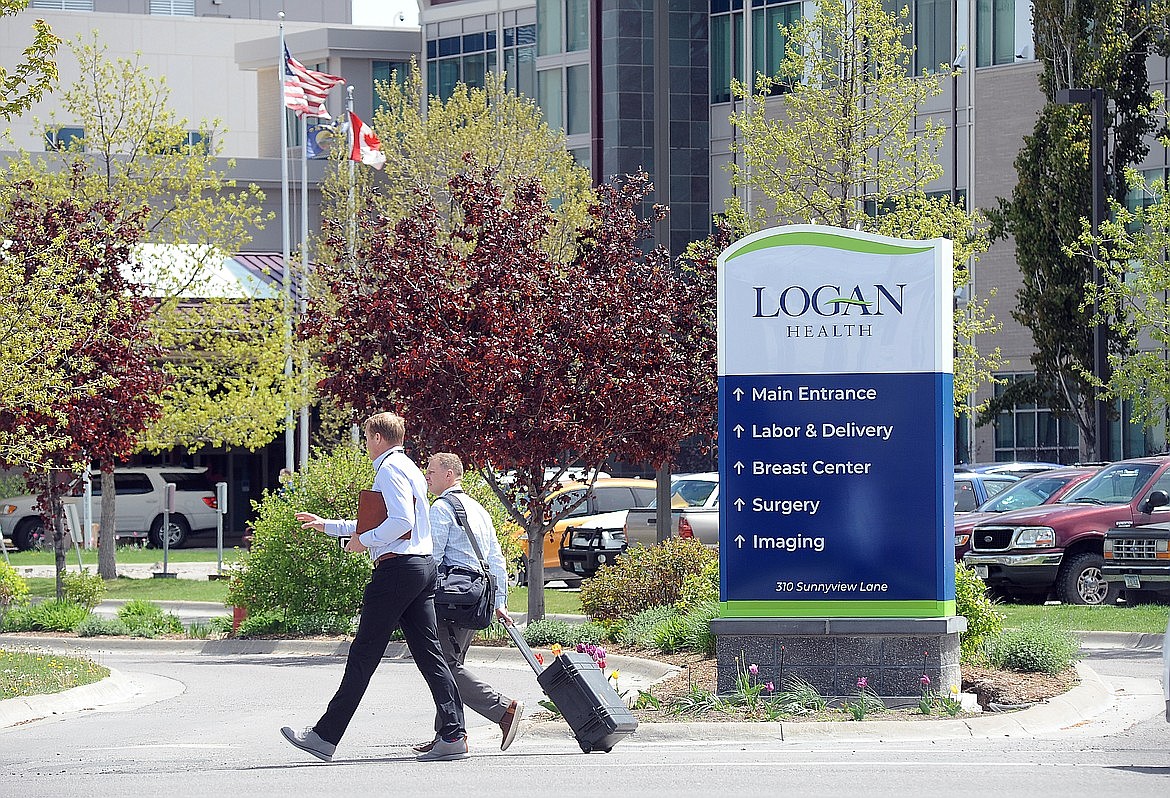Class-action lawsuit filed following Kalispell hospital data breach
Former patients of Logan Health allege in a new class-action lawsuit that the medical provider’s November data breach left them open to identity theft and represented negligence, breach of contract and breach of fiduciary duty.
Filed in Flathead County District Court last month, the lawsuit accuses the health-care organization of failing to safeguard personal information and delaying in alerting patients about the data breach...
Become a Subscriber!
You have read all of your free articles this month. Select a plan below to start your subscription today.
Already a subscriber? Login



